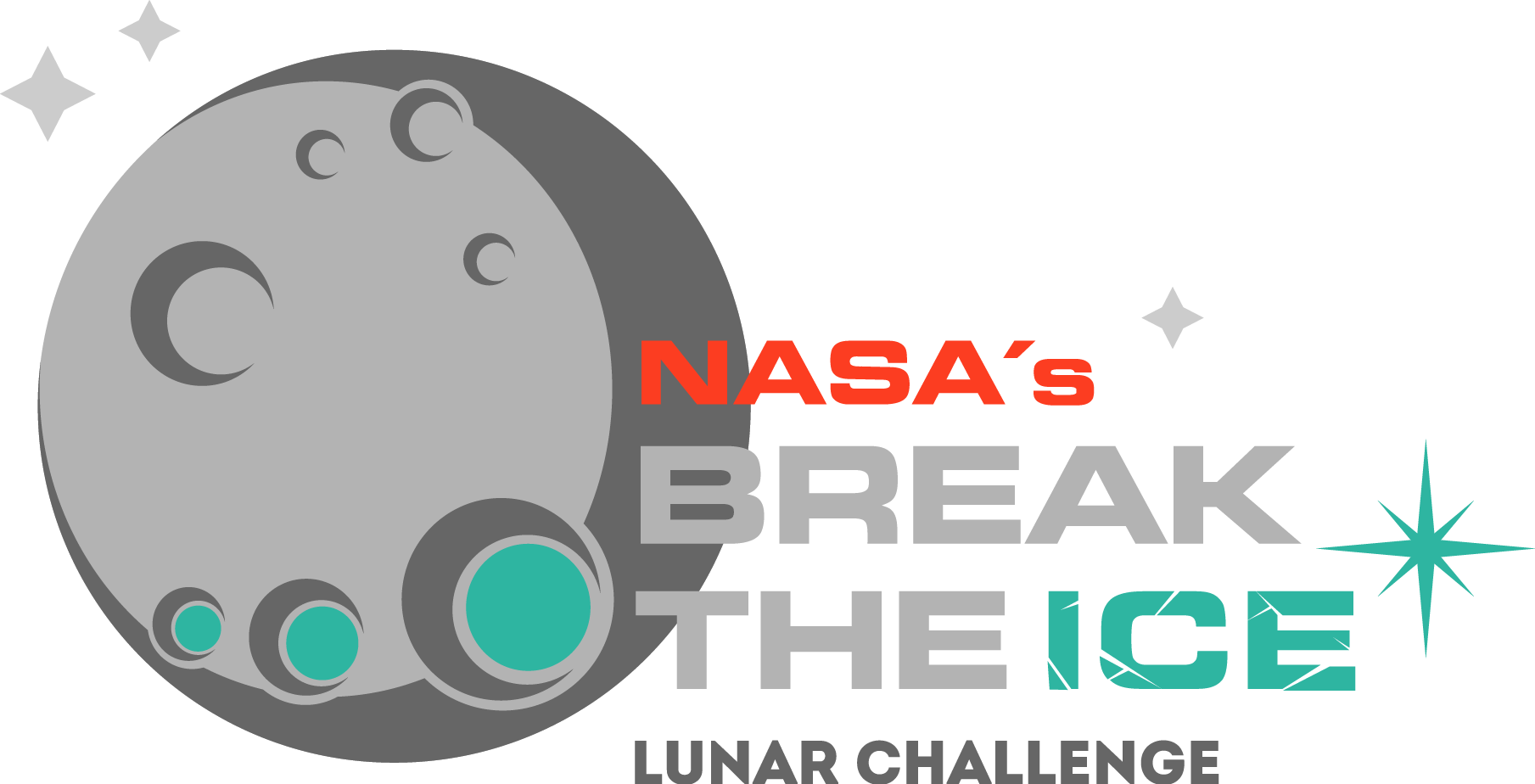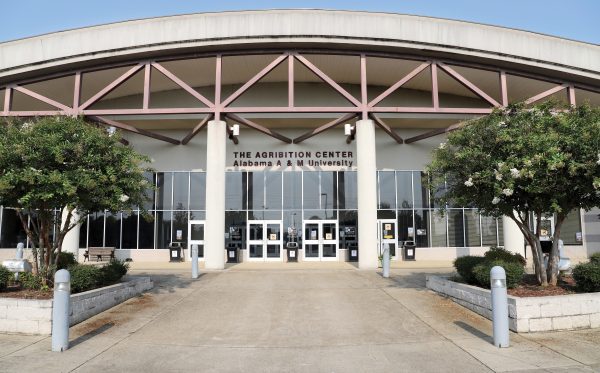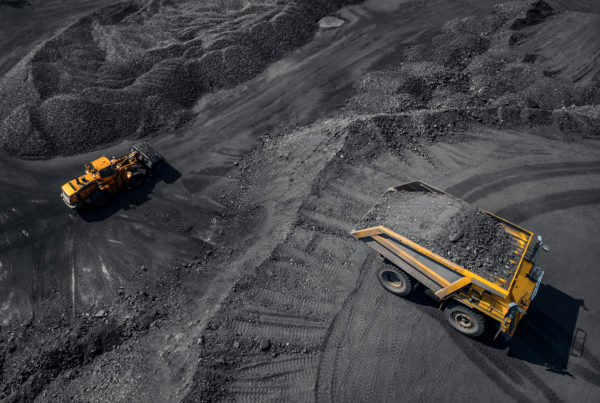By Savannah Bullard
NASA has selected Alabama A&M University’s Agribition Center in Huntsville, Alabama, to host the final level of the agency’s Break the Ice Lunar Challenge, using indoor and outdoor space to ground test the finalists’ solutions.
The challenge opened in 2020 to find novel solutions for excavating icy lunar regolith and delivering acquired resources in extreme environmental conditions. In alignment with NASA’s Moon to Mars objectives, the challenge aims to develop technologies that could support a sustained human presence on the Moon.
Throughout the challenge, competitors have designed, built, and independently tested robots that could theoretically withstand the harsh environments inside permanently shadowed regions of the lunar South Pole. The six finalists who succeeded in Phase 2: Level 2 of the challenge were announced in December 2023.
“We were looking for a unique set of criteria to house the Break the Ice Lunar competition, so we partnered with Jacobs Space Exploration Group in finding a facility,” said Denise Morris, NASA Centennial Challenges program manager at NASA’s Marshall Space Flight Center in Huntsville, Alabama. “Alabama A&M is a good fit for this challenge because of the on-site capabilities they have and being close to NASA facilities makes logistics much easier.”
Located a few miles east of the Alabama A&M University (AAMU) campus, the Agribition (agriculture + exhibition) Center is managed by the Alabama Cooperative Extension System with support from AAMU and its College of Agricultural, Life, and Natural Sciences. Its indoor arena features a large dirt space, typically equipped to support rodeos and other agricultural expos. Outside, the center sits on roughly 40 acres of land, offering plenty of green space to build the competition’s complex infrastructure.
The final Phase 2: Level 3 testing will occur June 10-12, 2024. There are two components that each team will focus on mastering: excavation and transportation.
Six identically sized concrete slabs will be set up inside the arena for the finalists’ robots to dig. The slabs, measuring 300 cubic feet, will have qualities similar to a permanently shadowed crater located at the Moon’s South Pole. A gravity-offloading crane and pulley system will lift the excavators while working, simulating the one-sixth gravity experienced on the Moon.
Each team will have one hour to dig as much material as possible or until they reach the payload capacity of their excavation robot. Up to three top-performing teams will earn an opportunity to test their solution inside one of the thermal vacuum chambers located at Marshall, which can simulate the temperature and vacuum conditions at the lunar South Pole.
Outside the Agribition Center, challenge teams will take turns on a custom-built track outfitted with slopes, boulders, pebbles, rocks, and gravel to simulate the lunar surface. This volatile surface will stretch approximately 300 meters and include several twists and turns for more intermediate handling.
Each team will get one hour on the track to deliver a payload and return to the starting point. Times, distances, and pitfalls will be recorded independently.
“These two testing methods address the excavation and transportation of large quantities of icy regolith, which are some of NASA’s current top technology gaps,” said Naveen Vetcha, NASA challenge manager at Jacobs Space Exploration Group. “This competition has enabled teams to develop lightweight, energy efficient, reliable and durable hardware, all while performing well in Moon-like conditions like reduced gravity and complex terrain.”
The total prize purse is $1.5 million, with the first-place winner taking home $1 million and the second-place winner receiving $500,000.
The Break the Ice Lunar Challenge is a NASA Centennial Challenge led by the agency’s Marshall Space Flight Center, with support from NASA’s Kennedy Space Center in Florida. Centennial Challenges are part of the Prizes, Challenges, and Crowdsourcing program under NASA’s Space Technology Mission Directorate. Ensemble Consultancy supports challenge competitors.
Jonathan Deal
NASA’s Marshall Space Flight Center
256-544-0034
jonathan.e.deal@nasa.gov



